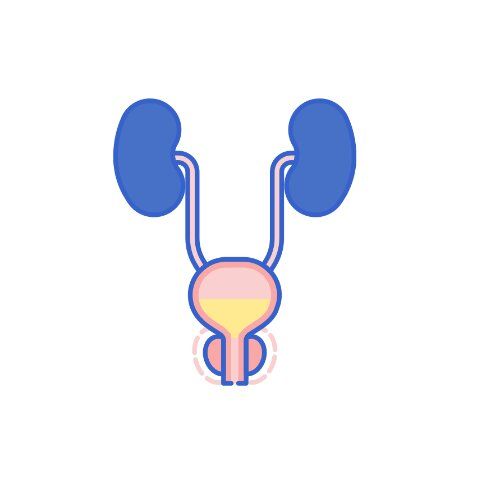What Causes It?
Age - BPH rarely causes symptoms in men younger than 40. More than half of men in their 60s and up to 90% of men in their 70s and 80s have some symptoms of BPH.
Hormonal changes - As men age, the amount of active testosterone in the blood decreases, leaving a higher proportion of estrogen. Studies suggest this higher proportion of estrogen may increase prostate cell growth.
Growth factors - Substances like insulin-like growth factor and fibroblast growth factors may play a role in prostate enlargement.
Family history - Having a blood relative, such as a father or brother, with prostate problems means you're more likely to have problems yourself.
Lifestyle factors - Obesity, lack of physical activity, and erectile dysfunction may increase the risk or severity of BPH.
Metabolic syndrome - A combination of conditions including increased blood pressure, high blood sugar, excess body fat around the waist, and abnormal cholesterol levels may increase the risk of BPH.
Diabetes and heart disease - These conditions may increase the risk of developing BPH or worsen its symptoms.
Signs & Symptoms
Frequent or urgent need to urinate
Increased frequency of urination at night (nocturia)
Difficulty starting urination
Weak urine stream or a stream that stops and starts
Dribbling at the end of urination
Inability to completely empty the bladder
Straining while urinating
Strong and sudden urge to urinate
Urinary tract infections
Inability to urinate (urinary retention)
Blood in the urine (hematuria)
